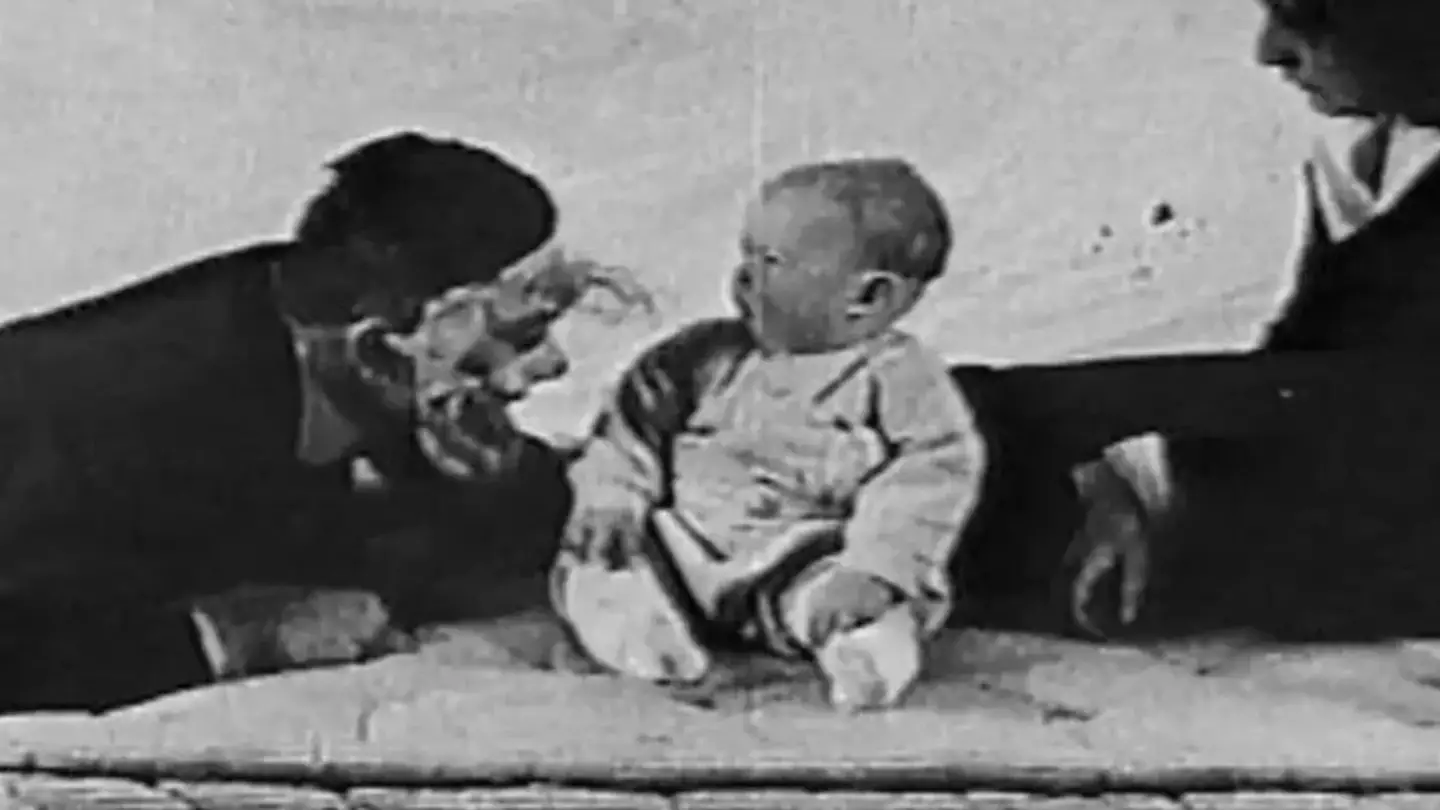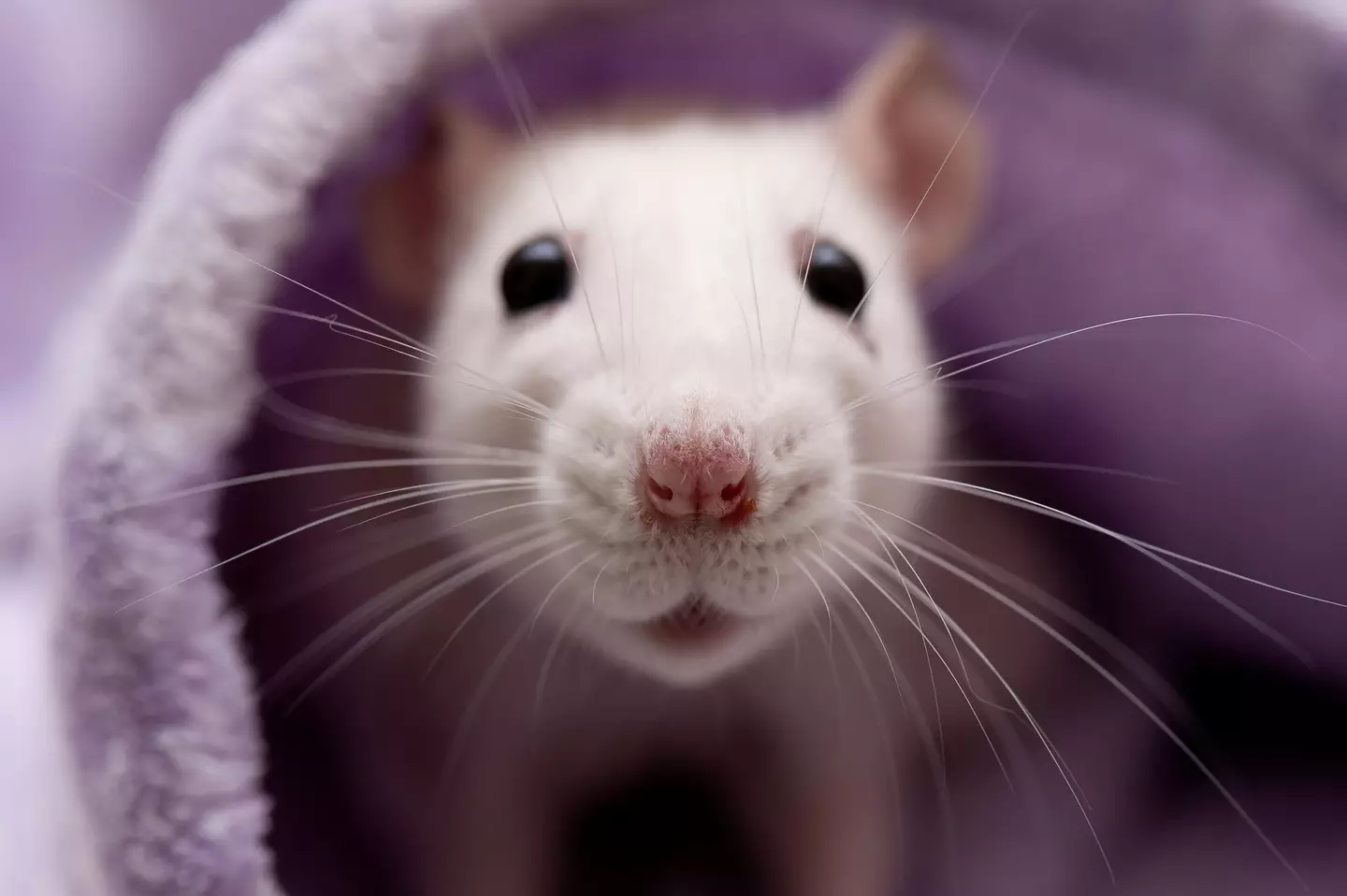
There's an unsurprising reason why a psychological experiment involving a young child and conditioned fear wouldn't be allowed to happen today.
We've learnt plenty of interesting and unusual facts about the human brain and our psychology through the means of scientific experiments - however, not all of them have been so ethical.
One of these was a study called the 'Little Albert experiment' which was published in 1920.

What happened during the 'Little Albert experiment'?
US psychologist John B. Watson had been inspired by Ivan Pavlov's famous 'Pavlov's dogs' experiment and decided to replicate the study himself.
Advert
The Russian psychologist had previously discovered classical conditioning - where someone is trained to automatically associate a neutral stimulus with one that elicits an automatic response - after training the canines to salivate at the sound of a bell. Noting Pavlov's success, Watson decided to take things further and test the theory out on a human.
Along with graduate student Rosalie Rayner, the pair attempted to train a nine-month-old baby to associate animals with a negative reaction.
In order to do this, they presented the child, nicknamed 'Little Albert' with various neutral stimuli, such as a rabbit, monkey, a white rat, and burning newspapers.
After gauging his reaction, the pair then made a loud noise whenever the white lab rat was presented to the child, causing him to associate the animal - and anything which looked similar - with fear and burst out into tears.

Advert
After the sight of the rat made Albert cry without even making a noise, Watson declared the experiment a success.
But you can see why it was so controversial.
Would the 'Little Albert experiment' be allowed today?
Unsurprisingly, traumatising a child for a science experiment is something which is frowned upon, with Watson and Rayner's work taking on a negative light in recent years.
Explaining why such a test would never see the light of day in a modern science lab, HowStuffWorks noted that human test subjects are made well aware of any adverse effects before agreeing to take part.
Advert
As a nine-month-old baby, Little Albert would've been unable to give consent to Watson and Rayner.
It's also believed that his mother wasn't fully informed about the nature of the study and stopped Albert being tested on mid-way through.
There was also no way of knowing if they'd be able to decondition Albert from his newfound fear of anything white and fluffy, which again is another major red flag.
As for what came of Albert after the experiment, not much is known. There are varying reports on his true identity, researchers believe he was either called Douglas Merritte or William Albert Barger.
Advert
The boys would go on to have drastically different lives, with Merritte dying at the age of six from hydrocephalus while Barger lived to be an old man and died in 2007.